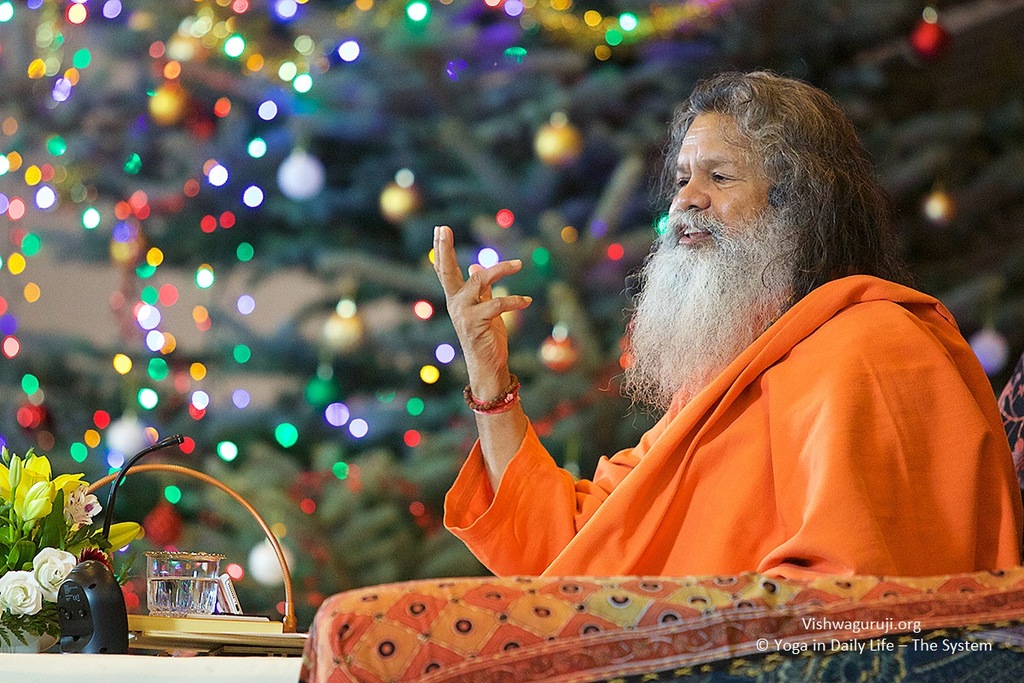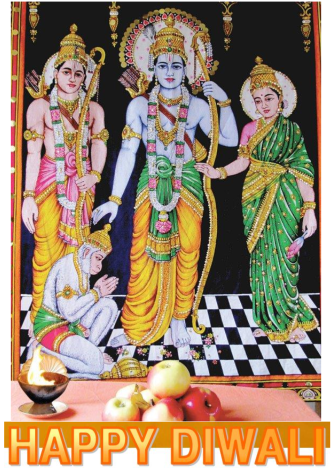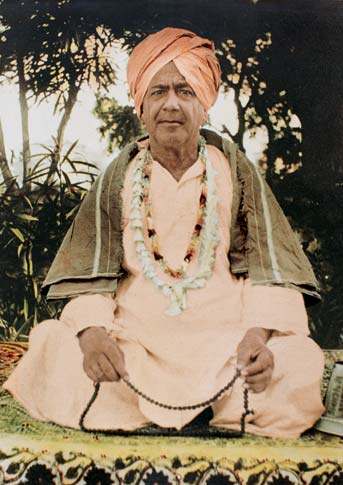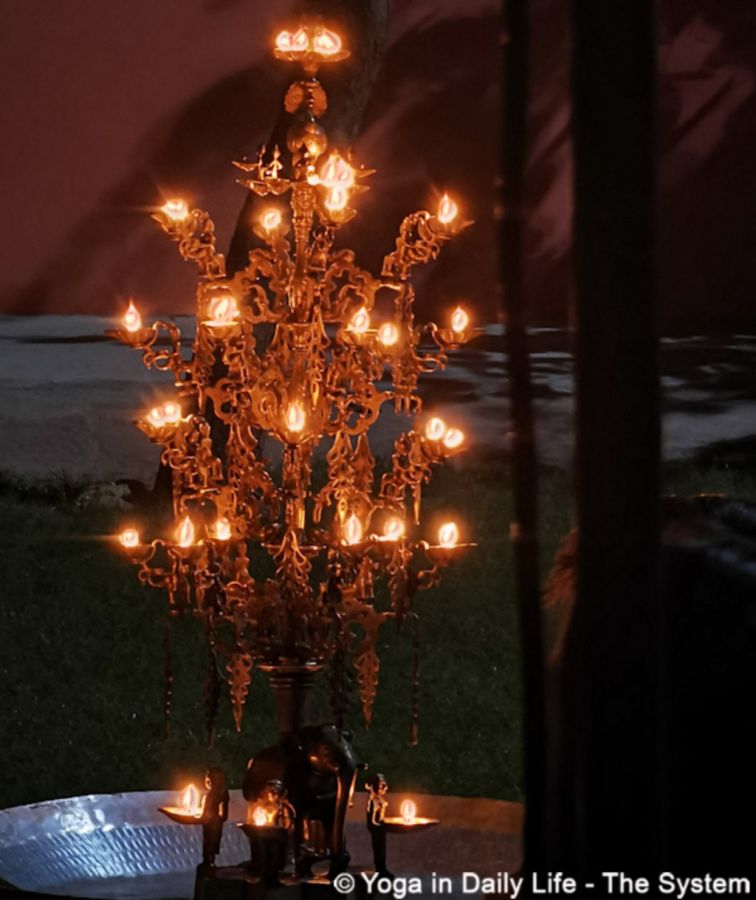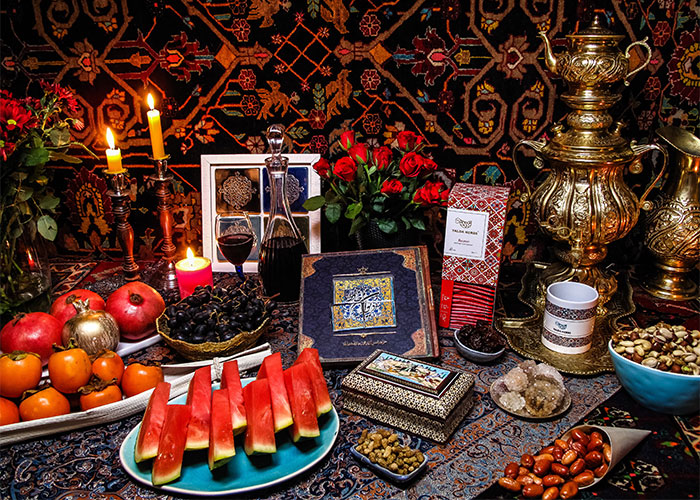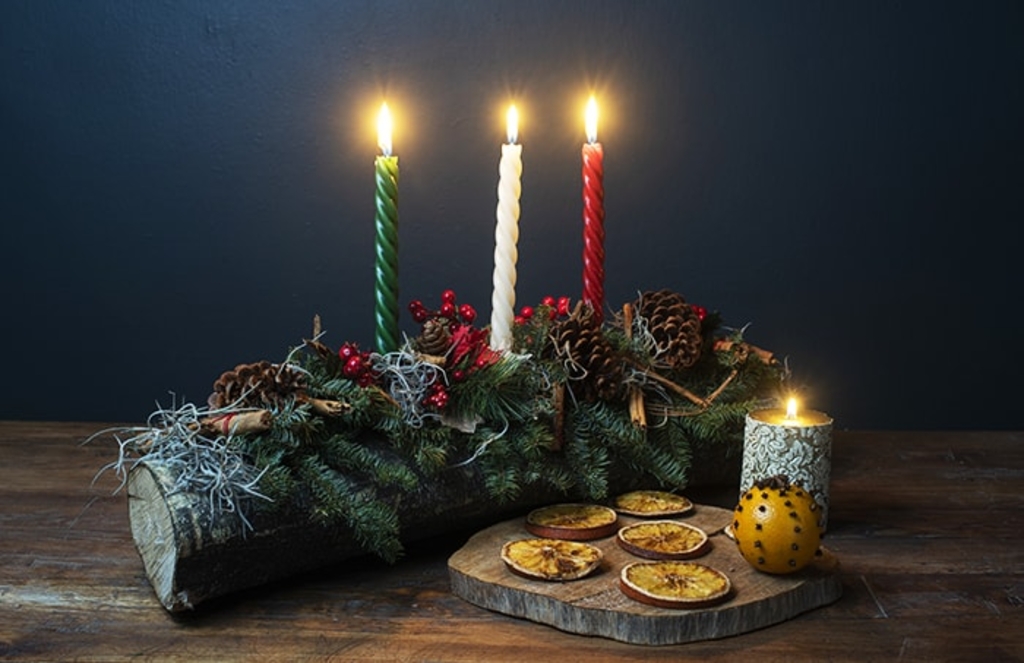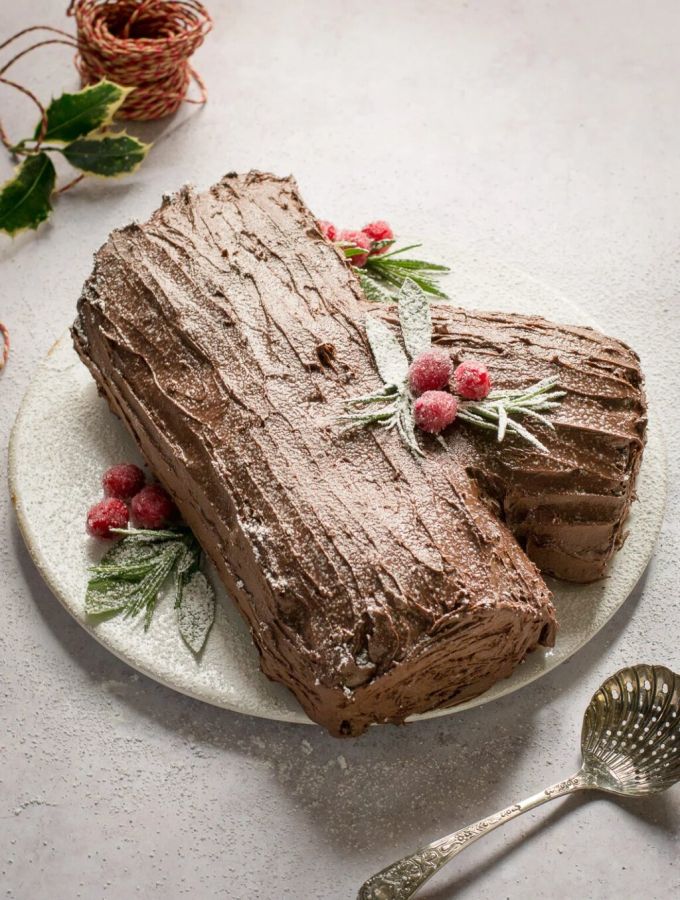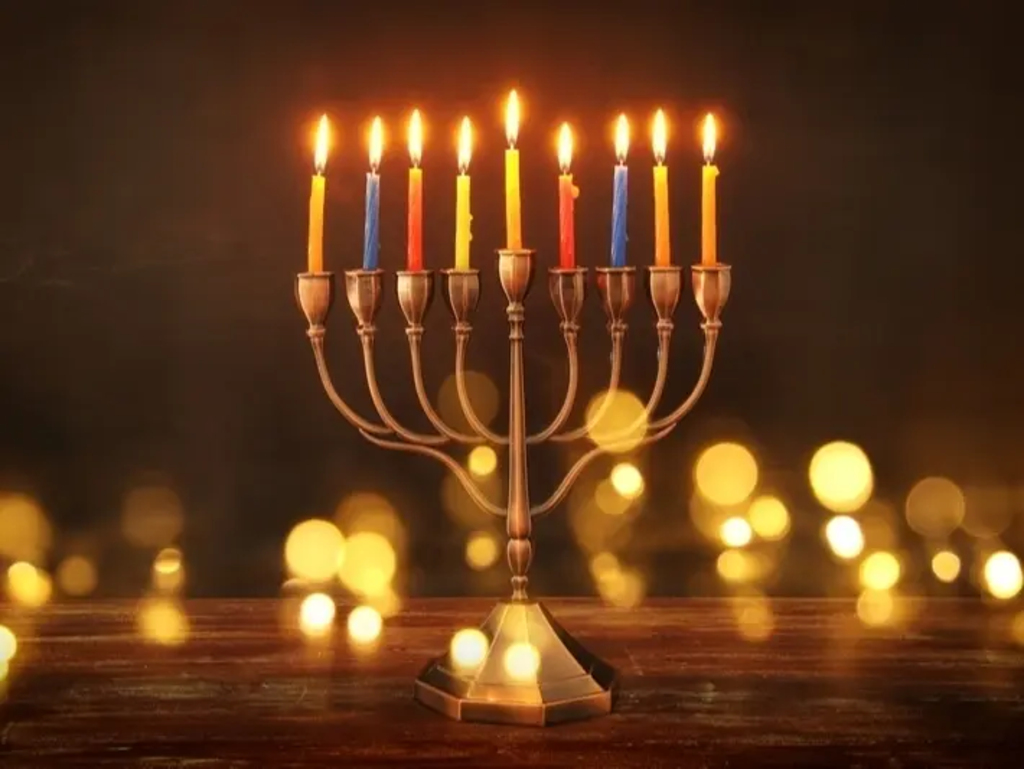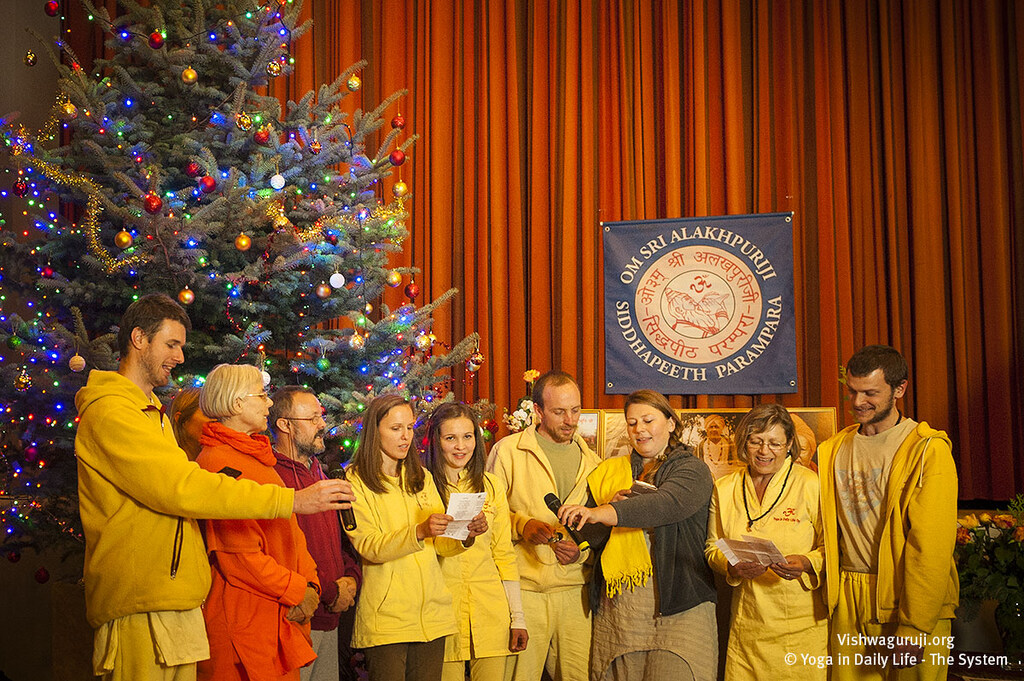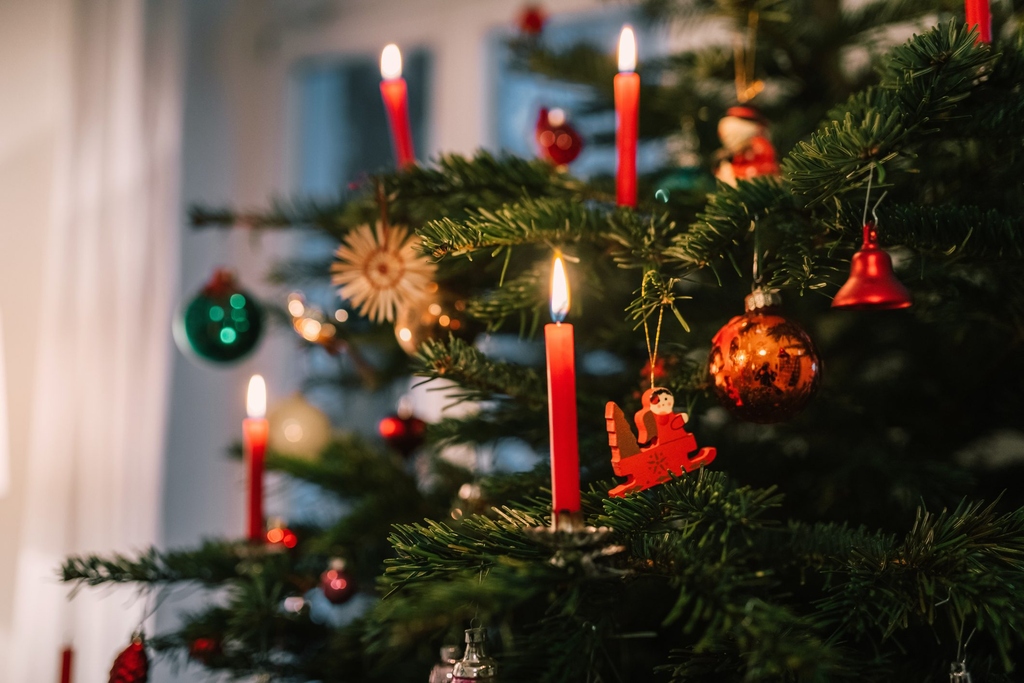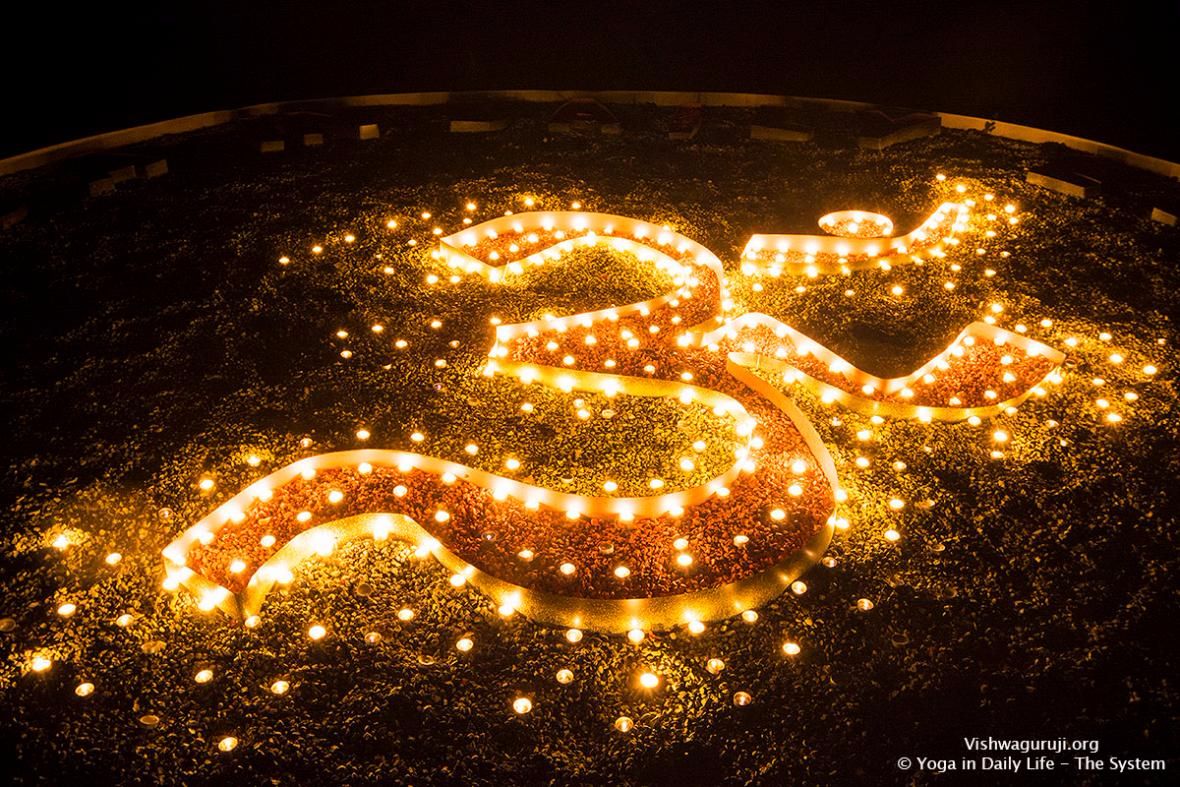Festivals of Light
When the daylight hours are shorter and the nights longer, as is the season now in the Northern Hemisphere, many cultures observe different festivals and holidays with a common purpose – to celebrate light, friendship, forgiveness and the spirit of togetherness.
Diwali
One such festival is Diwali (or Deepawali), also known as the 'Festival of Lights', which is celebrated by the Hindu community around the world, on the day of Amavasya – the new moon day in the Vedic lunar calendar month of Kartika (October-November), which this year is on Sunday 12 November 2023. It represents the triumph of light over darkness, knowledge over ignorance, good over evil.
Deepawali literally means a row of oil lamps (deepaks or diyas). In the Treta Yuga (the Third Age), Lord Rama, an incarnation of Vishnu, returned victorious to the kingdom of Ayodhya on this day, after 14 years in exile. The citizens of Ayodhya decorated the city with flower malas (garlands), scattered petals on the streets, decorated their houses and lit oil lamps to illuminate them. Keeping the tradition alive, at Diwali time, people decorate their houses with candles, oil lamps and colourful rangoli chalk designs, exchange gifts and enjoy delicious family feasts.
In the Yoga in Daily Life calendar, Diwali is also the time of year which marks the birth anniversary of Bhagwan Sri Deep Narayan Mahaprabhuji, the revered saint who is a central figure in the YIDL lineage of gurus (spiritual teachers) known as the Sri Alakhpuriji Siddhapeeth Parampara. He was born in the small village of Hari Vasani, Rajasthan, on the very auspicious morning of Diwali and was therefore given the name Deep, meaning the 'divine light'. He was considered to be a true incarnation of divine love, mercy and wisdom, teaching that every human is one with God and the whole of Creation.
Yalda
Another festival celebrated during this time is the ancient Persian festival of Yalda, which marks the winter solstice – the longest night of the year. Its origins lie in Zoroastrianism, the pre-Islamic religion of Persia. The name 'Yalda' is derived from the Syriac word 'yule', meaning 'birth', and it is associated with the rebirth of the sun and the lengthening of daylight hours. The story of Yalda may perhaps be interpreted as a tale of courage and effort during darkness, a triumph of light and human warmth that ultimately causes "spring to bloom in the hearts". Yalda is celebrated with lighting candles and eating many sweets, fruits and nuts on the night of December 20th or 21st, depending on the year and the particular calendar used.
Yule
Yule is a pagan festival associated also with the winter solstice. It has its roots in ancient Norse and is celebrated in Scandinavia and by people in other countries who maintain Celtic traditions. It was the pre-Christian festival that was later integrated into the Christian Christmas festival. Yule is celebrated on the day of the winter solstice, usually on or around December 21st, and celebrates the rebirth of the sun and the lengthening of the days. On that day, people decorate with evergreen branches, light candles and exchange gifts – customs that have influenced modern Christmas celebrations.
Hanukkah
Hanukkah, also known as the 'Festival of Lights', is a Jewish holiday celebrated in December. Jewish families light a menorah, which is a candelabrum with nine branches, and they add one candle each night for eight nights. This tradition is similar to the lighting of Advent candles in some Christian traditions.
Christmas
Christmas, observed on 25 December, is one of the most widely celebrated holidays around the world. It commemorates the birth of Jesus Christ, whom Christians believe to be the Son of God and the Savior of humanity. The tradition is to decorate Christmas trees with lights and ornaments, sing Christmas carols and exchange gifts. Giving and receiving gifts is associated with the biblical story of three Magi (wise men) bringing gifts to the baby Jesus. Christmas is a time for giving back, helping those in need, and spreading love and joy.
All of these festivals bring families and friends together to celebrate the turning of the seasons and the return of light during the darkest days of the year. Many people in the Southern Hemisphere who have ties with countries and cultures from the north, also celebrate these holidays at the same time, even though they are now coming into summer. These celebrations are a time for warmth, forgiveness, goodwill and hope – which surely everyone likes to celebrate at any time!
Yoga in Daily Life wishes everyone a happy return of the Light in the form of reawakening knowledge. When we humbly cultivate peace, happiness and respect for all, then contentment and prosperity will follow.
